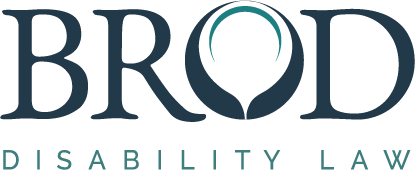Do not assume that all disabilities are purely physical, such as becoming paralyzed after a workplace accident. Mental health issues and mental conditions can also constitute disabilities.
For instance, someone with an anxiety disorder could have panic attacks under certain circumstances. These issues can be completely debilitating and some people, while in the midst of a panic attack, cannot even speak. You can imagine how this makes it impossible to work, especially in a profession that exposes you to potential triggers for the panic attacks.
Another example is when someone suffers from psychotic disorders. The most oft-cited disorder is schizophrenia. If you have it, you could suffer from hallucinations and delusions. You may hear or see people who are not there. You could become easily confused. This disorder is sometimes worse and sometimes better, meaning you could seem fine at times and then have a breakdown where you cannot function normally. For others, the disorder provides a constant challenge, especially without proper medication.
Other serious examples of mental health issues that could create a disability include personality disorders, obsessive-compulsive disorder, post-traumatic stress disorder (PTSD) and extreme paranoia. One of the tough things about mental disorders is that they are often different for different people. For instance, two people suffering from PTSD after serving in the military could have very different challenges to overcome, as one sinks into depression and the other is constantly having flashbacks.
No matter what you’re struggling with, it’s important to take these mental issues as seriously as physical issues. Make sure you know exactly what options you have when the condition causes a disability and leaves you unable to work.
